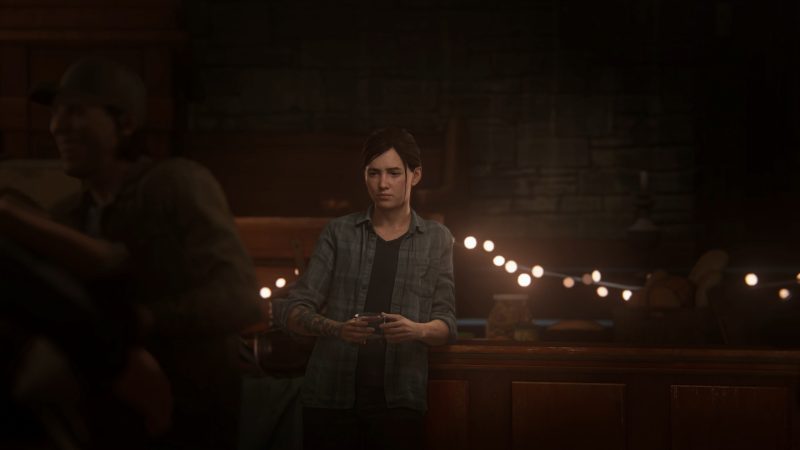As HBO prepares for season two of its hit adaptation (with at least two more coming afterwards), The Last of Us, which faithfully echoes the PlayStation exclusive franchise, fans are waiting for casting news to drop. Unfortunately, thanks to the ongoing Writers Guild of America (WGA) and SAG-AFTRA strikes, major Hollywood productions are frozen in their tasks and we're not getting casting reveals until production companies and the aggrieved parties can resolve the issues.
Despite this disappointing bit of information, Craig Mazin, co-showrunner of The Last of Us, seems to have a secret, one that fans of the series are desperate to uncover. For season two, HBO is poised to delve into The Last of Us Part II, which is a 2020 sequel to the original game. Here, we encounter Abby, a character destined to become pivotal to the unfolding narrative.
In a recent interview with The Hollywood Reporter, when quizzed about Abby's casting, Mazin playfully teased all of us, saying, "Maybe." The strike, he admits, stopped them right when things were in motion. "Look, Abby was the first role we wanted to tackle," he noted, shedding light on the character's impending importance in the TV adaptation.

